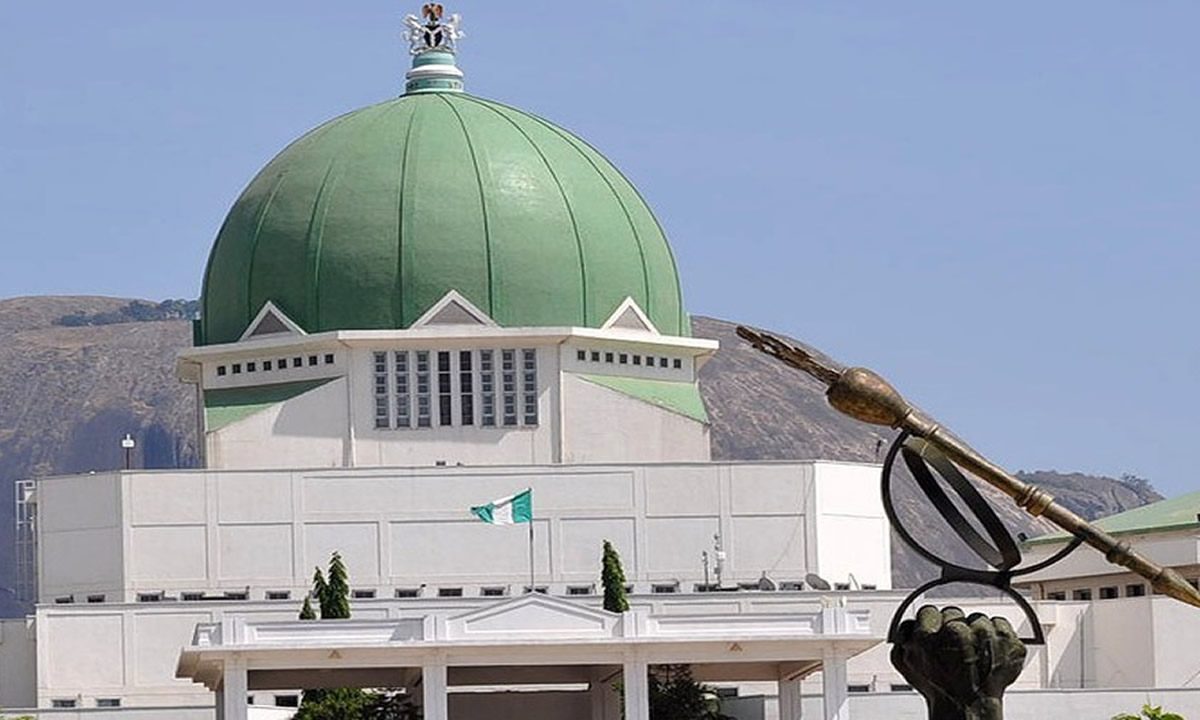Hikes to tuition and other fees by tertiary institutions in Nigeria make it difficult for indigent students to get the education they deserve.

In the face of economic hardships gripping Nigeria, tertiary institutions across the country have been making headlines for their recent decisions to increase tuition fees. This move has sparked concerns among students, parents, and advocacy groups, who argue that such fee hikes exacerbate the financial burden on families already grappling with the broader economic challenges in the nation.
Rising Fees, Sinking Hopes
The steep rise in tuition fees is considered by many as a roadblock to accessibility, hindering the dreams of aspiring students who are determined to pursue higher education. The move has left students and their families struggling to make ends meet, often leading to financial strain and sacrifices in other essential aspects of life.
Critics argue that the current economic climate, marked by inflation and rising living costs, demands a more empathetic approach from educational institutions.
A Call for Alternatives
As the cost of education becomes increasingly prohibitive, a growing number of voices are calling for a reconsideration of the fee hikes. Advocates argue that there must be alternative measures to fund higher education without placing an excessive burden on students and their families.
One proposed solution gaining traction is the establishment and expansion of student loan programs.
This approach aims to strike a balance between the financial needs of institutions and the right to quality education for all. While acknowledging the financial constraints faced by educational institutions, proponents of student loans argue that this mechanism can help ease the immediate burden on students and their families.
By providing low-interest or interest-free loans, students can pursue their academic aspirations without being crippled by immediate financial constraints. Such a system has proven successful in various countries, fostering equal education opportunities, and mitigating the impact of economic challenges.
Moreover, the introduction of student loans could potentially address the root causes of fee hikes. By providing an alternative revenue stream for tertiary institutions, the pressure to continually increase tuition fees might be alleviated, fostering a more stable and predictable financial environment for both institutions and students.

The Student Loan Solution
Student loans, when properly structured and managed, can offer a lifeline to students in need, ensuring that they can access education regardless of their financial background. The implementation of a robust student loan system requires collaboration between government bodies, financial institutions, and educational institutions to create a sustainable framework.
This approach has been successful in many developed nations, fostering a culture of educational accessibility and mobility. Clear guidelines and regulations should be established to ensure the fair and equitable distribution of loans based on financial need.
In countries where student loans are well-established, the repayment process often considers the financial circumstances of the borrower, ensuring that the burden does not become overwhelming. This flexible repayment structure allows graduates to contribute back to the system when they are financially stable, creating a sustainable cycle of investment in education.
As Nigeria navigates its economic challenges, the debate surrounding affordable education remains at the forefront of national discourse. The call for alternative solutions, particularly the establishment of student loan programs, serves as a beacon of hope for students facing financial barriers to education. It is a plea not only for relief in the immediate future but for the sustained growth and prosperity of the nation through an empowered and educated populace.
This topic was at the centre of discussions on Wednesday, January 24, 2024, at the OrderPaper Parliamentary Engagement Nigeria (OPEN) Space held on X(Twitter) Space @OrderPaper. The discourse, held to mark this year’s International Day of Education, had as its theme, ‘Breaking Barriers: Addressing Educational Inequality through the Student Loan Act.’ You can listen to the very enlightening and robust conversation here.
Also, follow us for more updates @OrderPaper on YouTube, Facebook and Twitter, and
@OrderPaperToday on Instagram.



